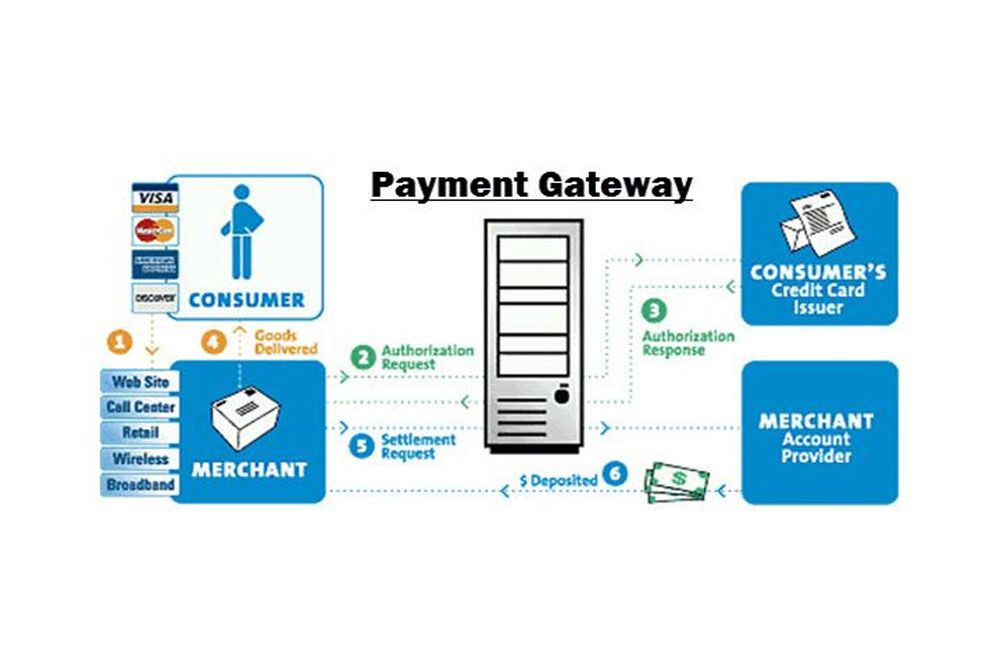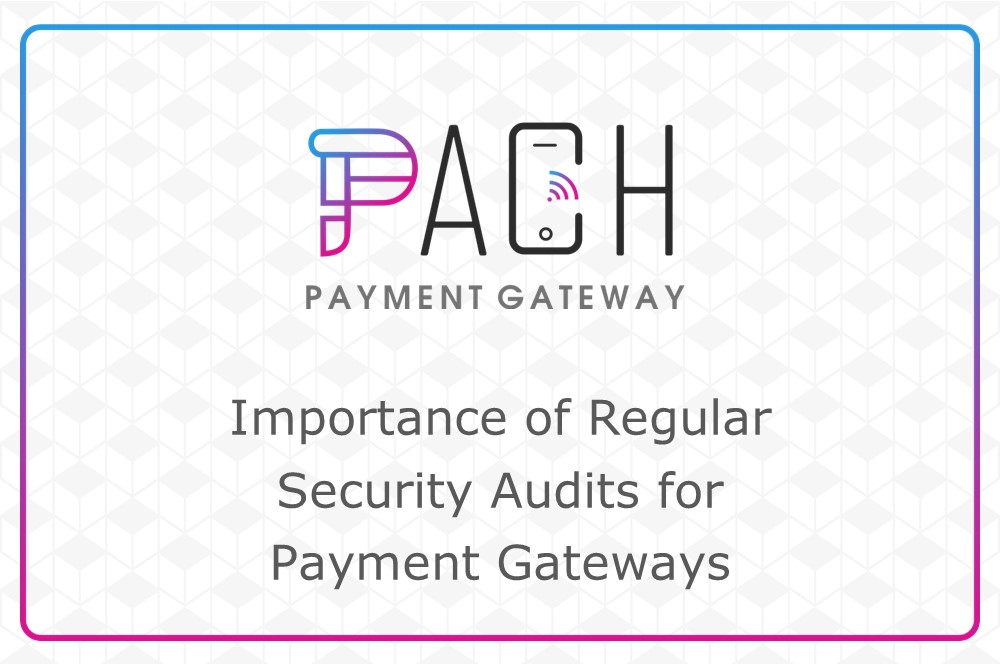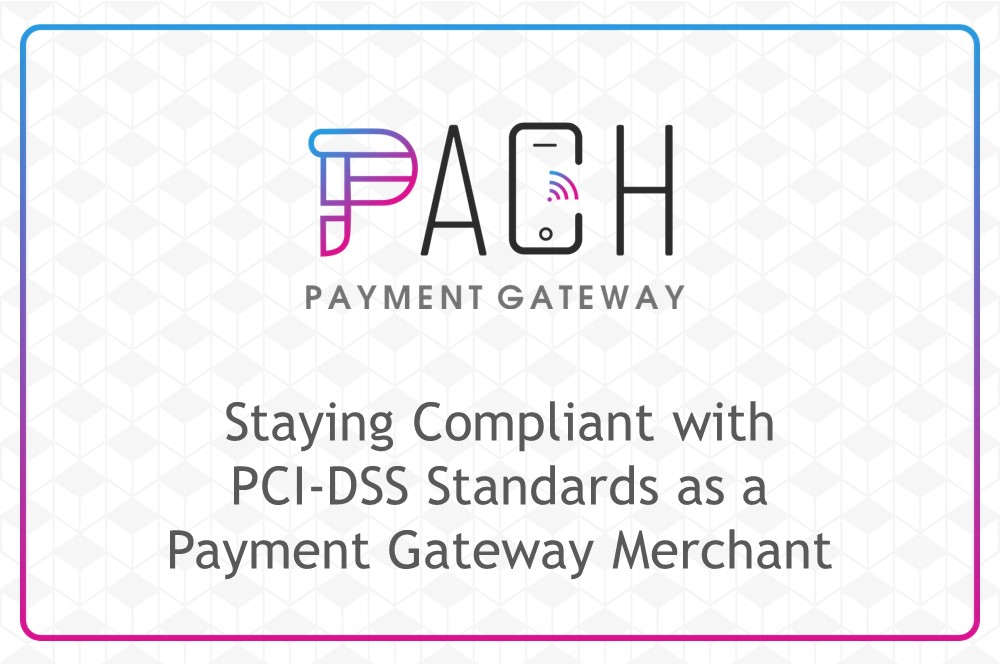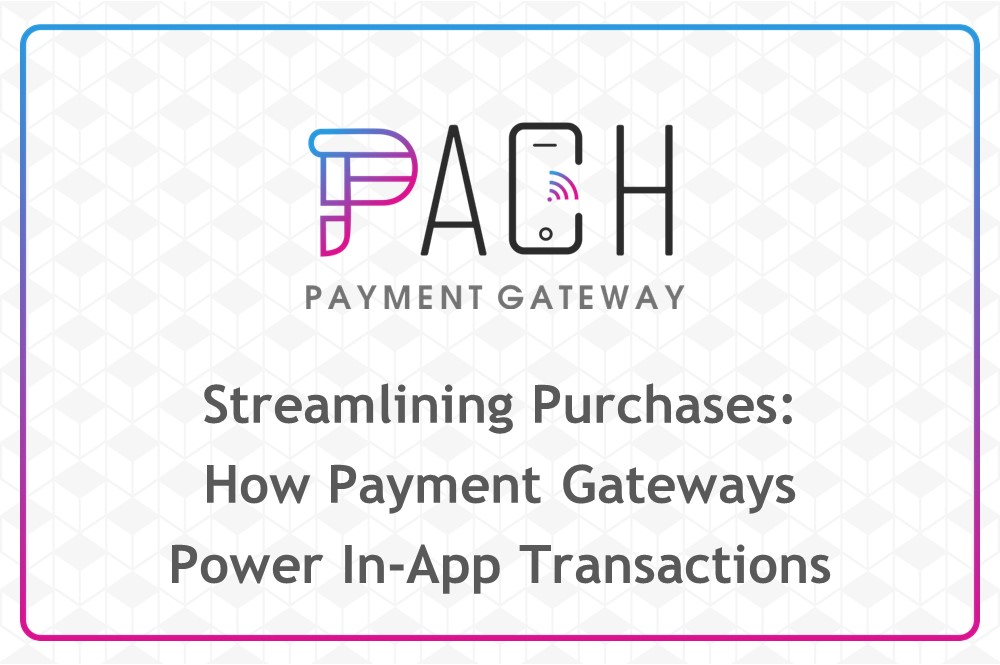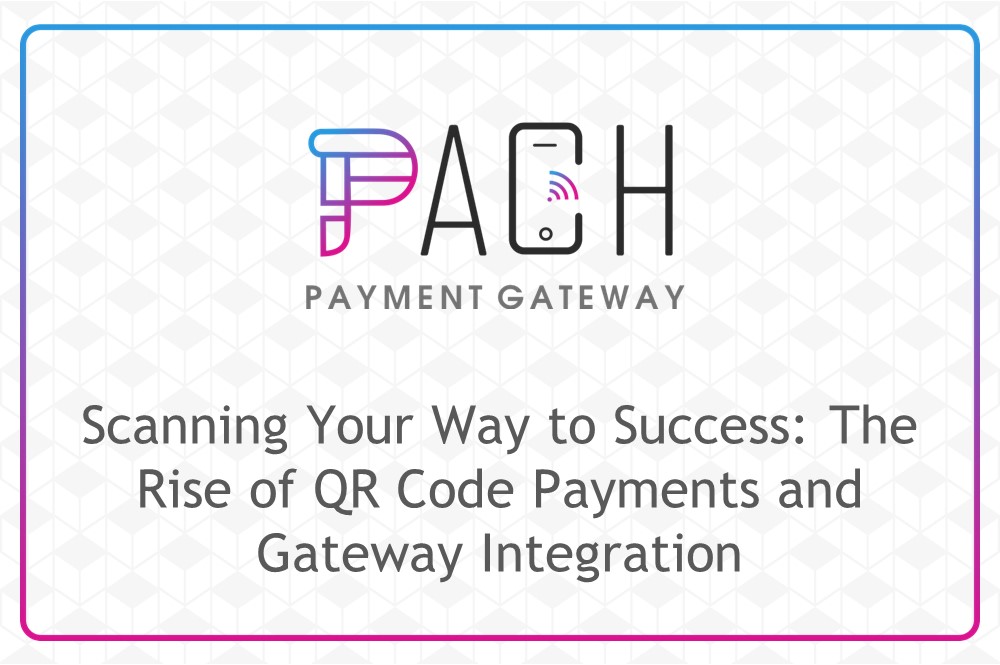Ensuring Compliance: The Importance of Payment Gateway Standards
Nov 09, 2024 - 2 MINS READ
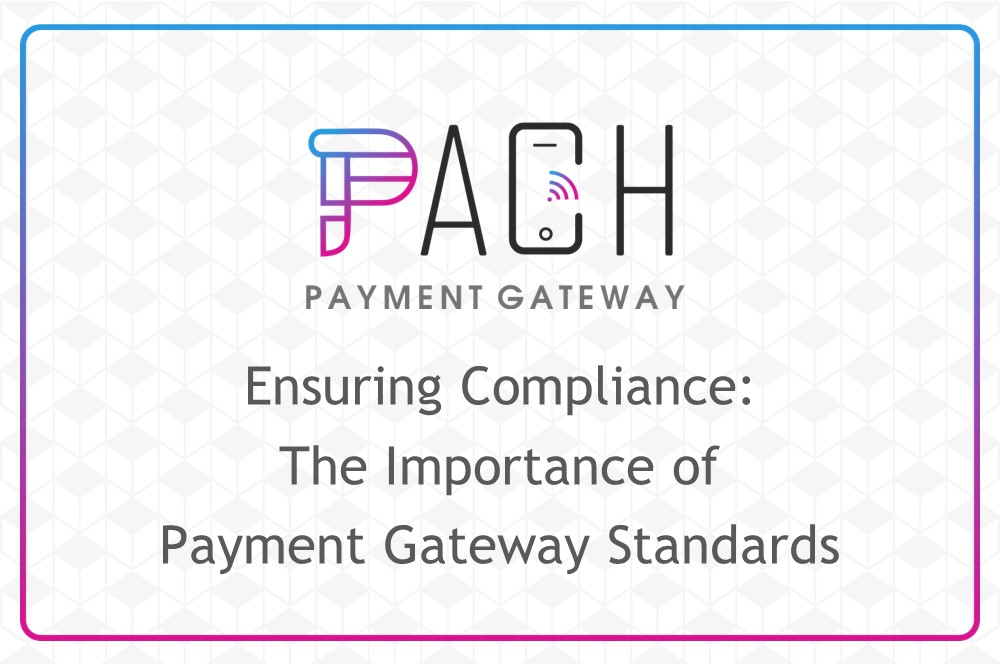
In the ever-evolving landscape of online payments, adhering to industry standards is paramount for payment gateways. These standards ensure the security of customer data, protect businesses from liabilities, and foster trust in the digital marketplace. Let's delve into the significance of payment gateway compliance and the key standards to watch for.
The Importance of Compliance
Compliance with industry standards offers several benefits:
-
Customer Trust: Demonstrating adherence to security standards builds trust with customers, reassuring them that their sensitive information is protected.
-
Reduced Fraud Risk: Compliance often involves robust fraud prevention measures, reducing the likelihood of fraudulent transactions and financial losses.
-
Legal and Regulatory Adherence: Non-compliance can lead to hefty fines and legal repercussions, jeopardizing business operations.
-
Business Growth: Many businesses require their payment gateways to be compliant before establishing a partnership, making compliance a prerequisite for expansion.
Key Industry Standards
Several key standards govern the payment gateway industry:
-
PCI DSS (Payment Card Industry Data Security Standard): This is the most widely recognized standard, mandating strict security measures for handling cardholder data. It covers areas like network security, access control, vulnerability management, and monitoring and testing.
-
EMV (Europay, Mastercard, Visa): EMV chip technology enhances card security by making it more difficult for fraudsters to counterfeit cards. Payment gateways must support EMV-compliant cards.
-
GDPR (General Data Protection Regulation): For businesses operating in the European Union, compliance with GDPR is essential. It mandates how personal data should be collected, stored, and processed.
-
PSD2 (Payment Services Directive 2): This European Union directive outlines regulations for payment service providers, including strong customer authentication (SCA) for electronic payments. Payment gateways must adhere to PSD2 requirements.
Selecting a Compliant Payment Gateway
Choosing a compliant payment gateway is crucial for your business:
-
Due Diligence: Research potential payment gateways and verify their compliance with relevant industry standards.
-
Clear Communication: Ensure the gateway provider can clearly articulate their security measures and compliance efforts.
-
Regular Audits: Look for payment gateways that undergo regular security audits to identify and address vulnerabilities promptly.
-
Transparent Pricing: Some payment gateways offer compliance packages for an additional fee, while others include compliance within their standard pricing.
Additional Compliance Considerations
Beyond the core standards, consider these additional factors:
-
Data Breach Response: Understand the payment gateway's procedures for handling data breaches and notifying affected customers.
-
Industry-Specific Regulations: Some industries have additional compliance requirements. For example, healthcare providers might need to comply with HIPAA.
-
Regular Updates: Stay informed about evolving industry standards and ensure your payment gateway keeps up with the latest regulations.

